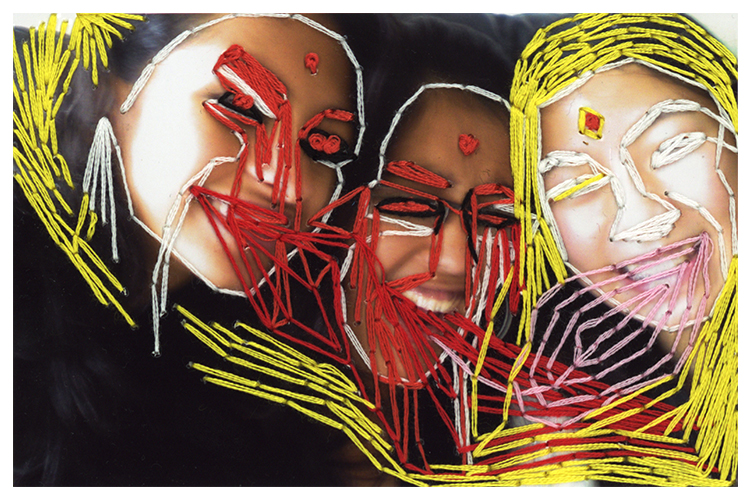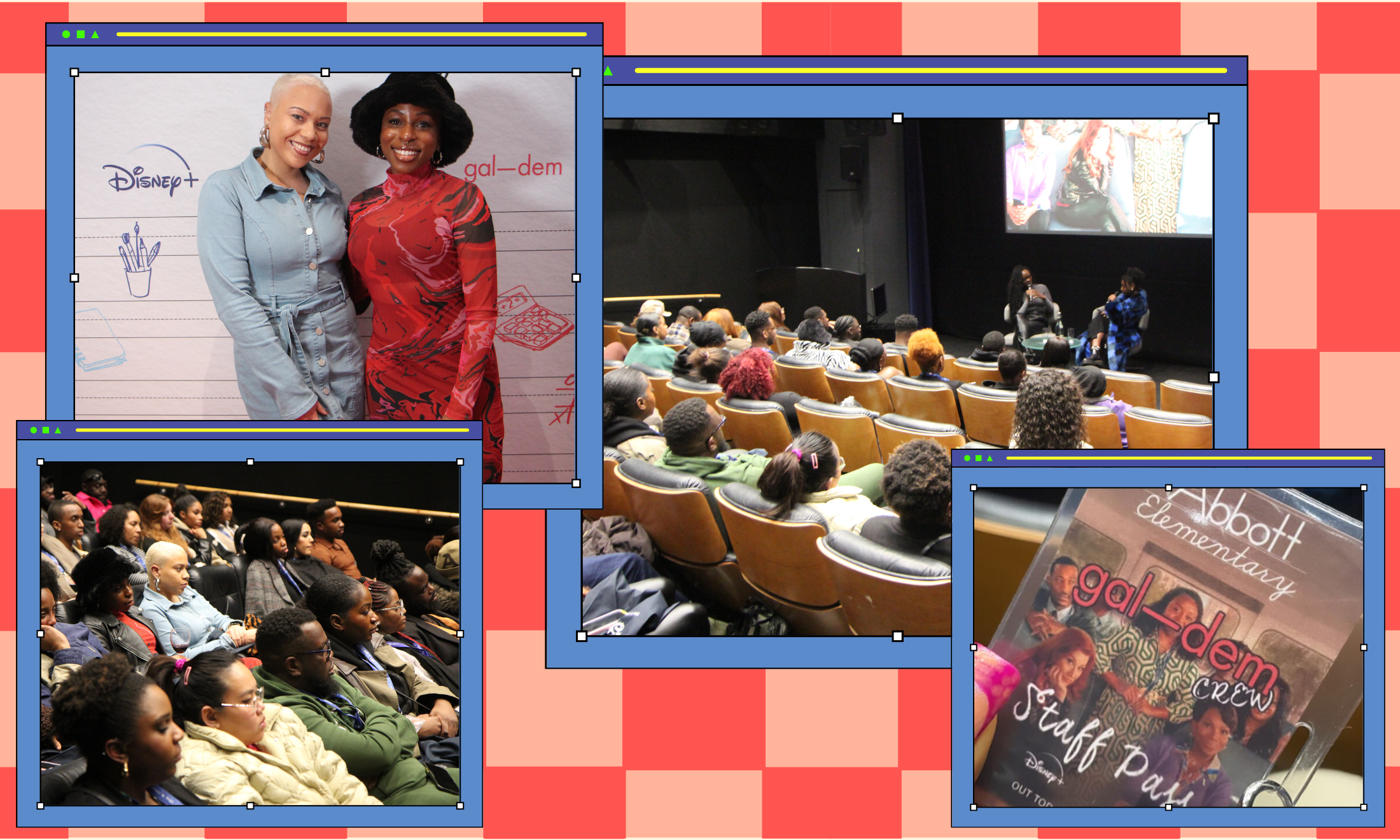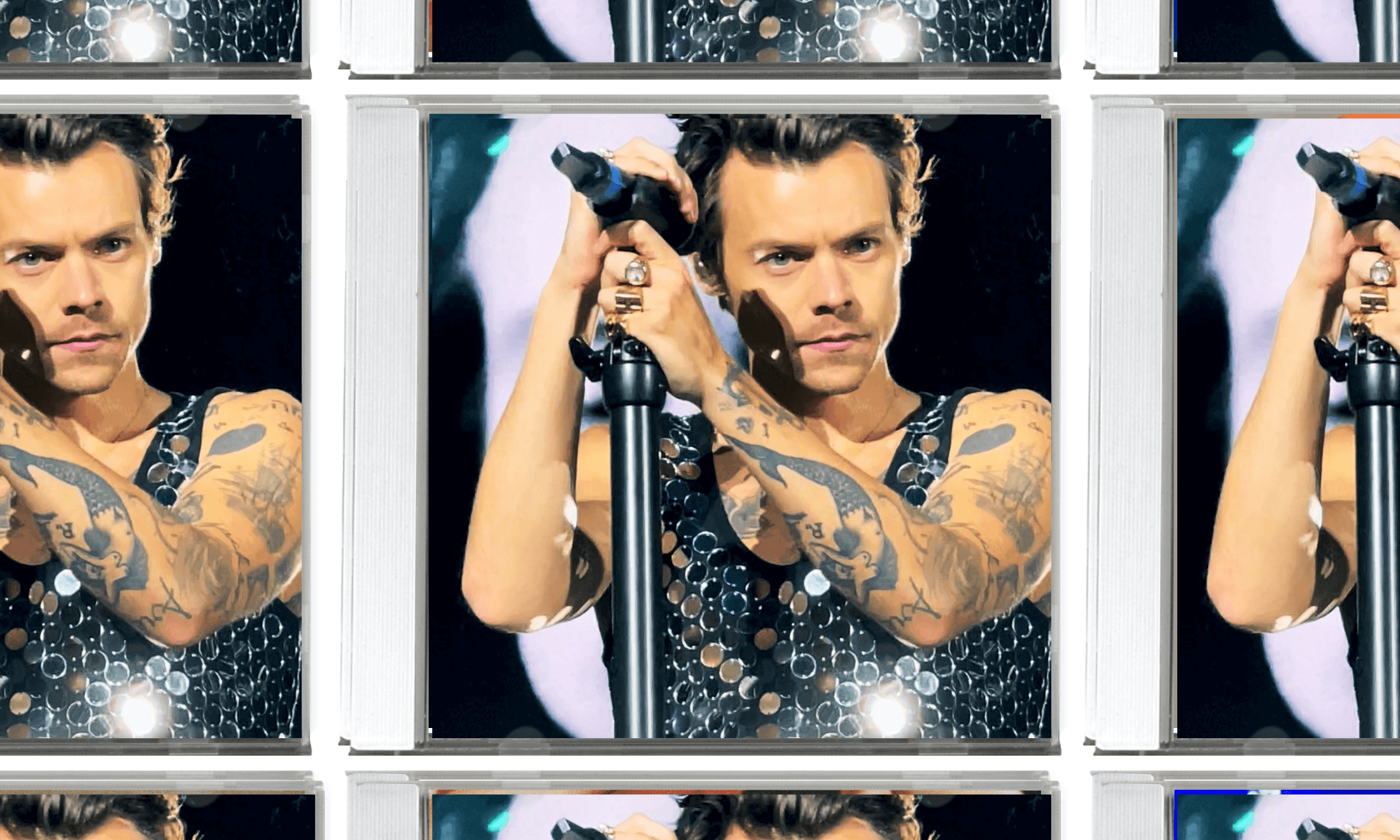
My discovery of Iggy Azalea donning a costume-shop lengha in her video for 2014 single, ‘Bounce’, was one of worst things to happen to me in 2016. Brexit was bad. Trump was worse. Alas, I stand by my statement.
Iggy Azalea is the embodiment of cultural appropriation. Watching ‘Bounce’ made me inwardly cringe so hard that I had to spend a full week watching Bollywood music videos to get the cheap, ignorant taste out of my mouth. A white, Australian woman rapping in a stereotypical “hood” accent in a video with an “off-the-shelf” Indian theme sounds less like reality and more like a dodgy 70’s comedy sketch about multiculturalism.
Unfortunately, Iggy Azalea isn’t alone when it comes to appropriating culture. Like her, many stars have built their brand on the backs of appropriation. This continually portrays the message that we, as people of colour, are not worthy to grace a stage – but the shiny parts of our cultures are.
A perfect example of this was Selena Gomez and her continual use of a bindi when performing her song ‘Come and Get It’ back in 2014. So concerned about the offense she caused by using a bindi as part of her Coachella-esque aesthetic, Gomez posted a classless sari-clad selfie with the caption “Sari Not Sari” a play on “sorry not sorry”. As proud of that line I imagine wordsmith Gomez to be, it’s an incredibly brazen show of privilege. Not only does she disrespect the meaning behind wearing a bindi, but she then goes on to deck herself out in full Indian regalia, posting a picture to show how unbothered she is by the whole affair.
“The myth of sexually deviant and ravenous ethnic women becomes fact to those that glean their knowledge via media and media personas.”
Regardless of how a bindi may have complimented her outfit, the fact is there is meaning behind the wearing of the bindi. There are religious connotations, spiritual meanings, and significance to the culture Gomez continued to parade her privilege in-front of. She is part of a bigger problem within the appropriation issue – the issue of sexualising ethnic culture.
Women of colour have long since been portrayed as vixens, exotic creatures of sexual insatiability and seduction. So, when musicians with a platform accessible to millions perpetuate these roles, cultural appropriation takes a more sinister turn. The myth of sexually deviant and ravenous ethnic women becomes fact to those that glean their knowledge via media and media personas.
Whenever an artist wants to portray a bohemian, sexually free persona there is only one word that is bandied about: “Gypsy”. The fact that “Gypsies” are in fact a very real group of people – Romanis – seems to have bypassed just about every pop star known in the Western world. As a Romani woman, it becomes tiring having to sit through the sexualised, nomadic and promiscuous stereotypes that we get branded with.
However, this is the exact image that the music industry loves to use when promoting a “free-spirited” star. As someone who does a lot of humanitarian work and strives for the betterment of those less fortunate than her, Shakira certainly surprised people with her single ‘Gypsy’. The title alone was cause for concern for many Romani people as the word has a significant amount of oppression attached to it. Some call for the word to be condemned as racist due to the branding of Sinti people, imprisoned in Auschwitz during the Holocaust and branded with a ‘Z’ to signify “Zigeuner” (Gypsy.)
“It’s not them suffering. It’s not them that receives the suggestive remarks, or experiences the frustration at seeing their cultural attire trotted out every Halloween or at music festivals.”
But hey, Shakira needed more “mysterious belly dancer” fodder for her album, so what’s a bit of racism? I mean it’s the good kind isn’t it? The romantic, nomadic, barefoot and braids flying in the wind kind? Listening to the lyrics “Cause I’m a gypsy, are you coming with me? I might steal your clothes, and wear them if they fit me. Never made agreements. Just like a gypsy” I beg to differ. According to Shakira, we’re shirt-stealing kidnappers that don’t make agreements. Honestly, I preferred Cher’s ‘Gypsies Tramps and Thieves’ over that. At least she sang that we worked hard for the money we got.
This perpetuating image of an enticing, seducing, siren-like Gypsy is exactly what influences the attitudes towards Gypsy women. The constant association of sexually ravenous attitudes has a harmful impact on them. There have been many times where I have personally experienced lewd remarks when talking about my ethnicity. But again, what does it matter to the musicians who love to borrow from the brown dress-up box that is culture? It’s not them suffering. It’s not them that receives the suggestive remarks, or experiences the frustration at seeing their cultural attire trotted out every Halloween or at music festivals.
There is no dialogue to open. There is no right or wrong. There is only appropriation and appreciation. The difference? I appreciate the art and mythology of Ancient Egypt. I don’t, however, dress up like Katy Perry and caricaturize anything that has even a tenuous connection to Ancient Egypt. Why? Because that is ignorant and racist.
Katy Perry is a repeat offender of racial, cultural appropriation. Being the BFF of Rihanna (in public anyway) would surely insinuate that she would be more sensitive to appropriating cultures that could offend her bestie? It turns out that it’s a strong no for Perry. There are multiple cases in which she is clearly towing the line of ignorance and unabashed racism; from her “ghetto” persona clutching a watermelon prop to donning the same bizarre faux-hood accent as Iggy Azalea in the video for ‘This Is How We Do’. In case anyone wasn’t totally put off by the watermelon prop, this same video shows Perry sporting cornrows with gelled down baby hairs.
“This incessant lack of respect for ethnic cultures is both a mockery and silencing of ethnic expression.”
Perry didn’t stop there though. She’s also targeted Asians. I say Asian because Katy Perry managed to look like half a continent during her 2013 AMA performance. Her performance of ‘Unconditionally’ was the epitome of the ‘Build Your Own Culture’ attitude that the music industry has adopted. Her outfit was a fusion of the Japanese Kimono and Chinese Cheongsam with a panel cut out for her cleavage, something which defeats the purpose of the Geisha theme she was going for, as Geisha are known to dress demurely.
From shuffling around the stage mimicking the ‘Geisha walk’- which is due to the Geta shoes and tightly wrapped Kimonos restricting movement – to the lyrics of her song which wail about being unconditionally faithful to her boyfriend despite what he puts her through, the whole performance left many Asians with a bad taste in their mouths. Some felt that the lyrics coupled with the “Asian theme” imposed the “submissive Asian woman” label. To top off this ethno-confused piece, not a single person on the stage was Asian.
This incessant lack of respect for ethnic cultures is both a mockery and silencing of ethnic expression. It is essential that the starlets so many people of colour support start treating ethnic cultures with appropriate respect. This will suppress the perpetuation of harmful stereotypes. The skewing of ethnic culture simply adds to the struggle people of colour in the West face. It is time to close the lid on the brown costume box for good.









